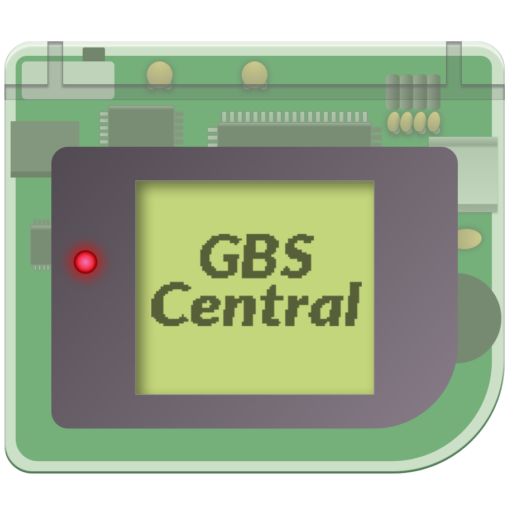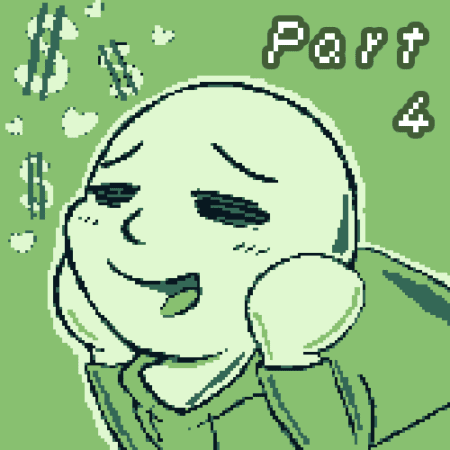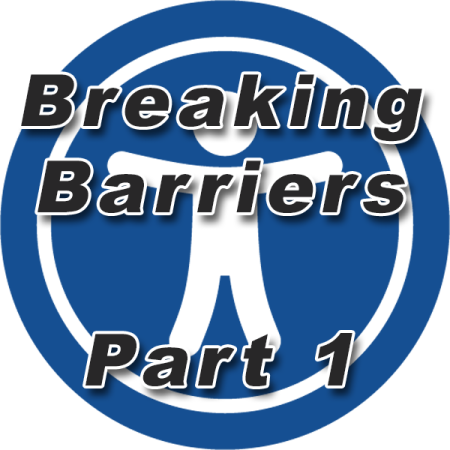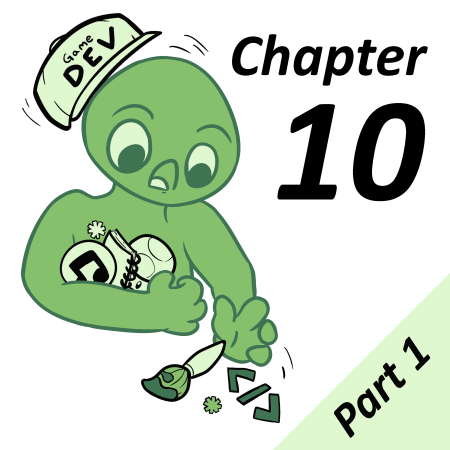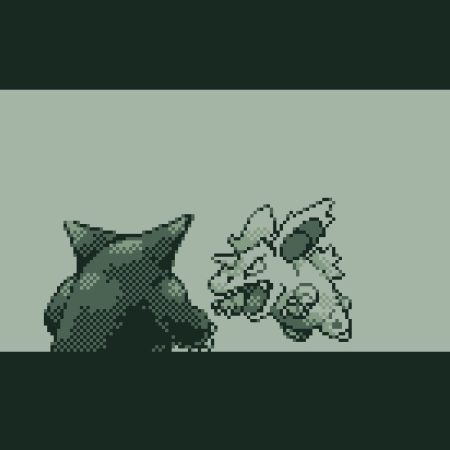Part 3 of my “So You Want To Crowdfund?” series looked at what you have to consider when planning your campaign but we skipped what could be the deciding factor between your project being successfully funded or not – marketing! As you’ve probably guessed by now, running a successful crowdfunding campaign takes a lot more than just putting your project up on a crowdfunding site and hoping for the best. Actively marketing your campaign and getting the word out is crucial in getting it noticed. Even projects that make it into the Kickstarter “Projects We Love” feed don’t have guaranteed success. With that in mind, let’s talk about Marketing Your Campaign.
A word of warning, when you first launch a crowdfunding campaign you will probably get bombarded with a plethora of services that boast how they can help get you funded. Some of them are legitimate, but many of them are predatory. Be very careful of any service that asks for money upfront, and be weary of anyone that guarantees funding. Some of these services do offer enhanced analytics or projections for free, and those can be fun to look at, but anything can happen in a campaign.
There are however many legitimate and excellent consultants for crowdfunding who can offer guidance in what strategies do work. If you are interested in seeking out one, ask around. Your best bet to finding one who’s worth the time and money is to see the successful campaigns that promote their expertise. Check with other successful campaigns in the same area of what you are launching and see if they have any credits for who managed the campaign, then see if they’re willing to help you out.
Social Networks
You may be hesitant to broadcast your project, but this will be your first step in spreading the word. Social media platforms can cast a wide net with relatively low barriers, but the likelihood that everyone who you are connected with will see your project is very low. It’s been two years since I started talking about my project, and there are still people I know who say, “Wait, you made a game?!?” Think about how algorithms for these platforms work. If you post something about your game, it will probably be just a small slice of your network who sees it at first. If your project resonates with people, it has a chance to catch on and be shared across networks too.
Posting Updates
Posting updates about your project during the campaign has several benefits. First it gives you the opportunity to share details about the project that may not be ideal for the campaign itself. People love to have an inside look into how a project was made or the inspirations behind it, but having a bloated campaign page risks having people gloss over information and miss key details. By compartmentalizing information about your game and releasing it over updates, you offer an easier way for backers to digest this information and also show potential backers your dedication to the project. Remember that convincing people that you can deliver on a product is part of the challenge. Be careful about too many updates though. Even daily updates can seem like “spam” if they are not well thought out or repetitive. With this in mind, it’s a good idea to plan out as much as you can in advance over what information will be detailed in these updates, but also allow yourself some wiggle room to add new information or other fun notices and news as it comes.
Reaching Out
Social media is great, but you’re only one person. Taking the time to message contacts in your networks and asking them to share the project is a great way to get the word out, especially across different platforms. If you know of people who have a strong following who might be interested in your project, try letting them know about your campaign. I’ve gotten some great responses, but I always approached it as, “Hey, thought you might be interested in this,” and never a “you should promote this”. If they think the project is worth promoting, they will. There is one area you should avoid however…
Publications
Most gaming publications (at least the larger ones) will avoid promoting crowdfunding campaigns. With so many campaigns out there, it sets a precedent if they begin promoting projects (“Why won’t you promote my campaign, you promoted theirs…”). More importantly, but promoting a campaign, a publication is showing an endorsement in that project, and that has backfired spectacularly for publications in the past when projects didn’t successfully ship or were released to poor reception. There are some exceptions however…
Communities
There are a multitude of communities who love to promote new projects when they are announced, especially in retro gaming and homebrew. I was super lucky that several reached out to me as my project was one of the few physical Game Boy games being Kickstarted at the time, and there are still Newsletters, FaceBook groups, Subreddits, Blogs and other forums that love to support small developers trying to get their work released. Once again, tact is key when reaching out to them. Always show humility and gratitude for the time they take reading your communication.
Pacing Yourself
As you can see, there are a lot of ways to get the word out about your campaign. Trying to cram all of that into the launch is a surefire way to burn yourself out and make mistakes. If your campaign is three or four weeks long, spread out your efforts for its duration. Whether you get funded all at once or in three weeks doesn’t matter as long as you get funded.
It’s not a bad idea to think forward as well. If you hit your goal early, do you want to introduce “stretch goals”? Something that you could add as a bonus for the backers or something that you’d want to try and implement if you have the extra funds? It’s a good idea to think of this in advance so you’re not caught off guard if your project does get funded.
You’ve picked your platform, set your goal, planned your campaign and marketed it with passion. So what happens if you successfully fund your game? We’ll chat about the next step in the next article in this series.

Audio Engineer, Mac Technologist and Video Game Developer. Managing Editor of GBStudio Central. (he/him)
